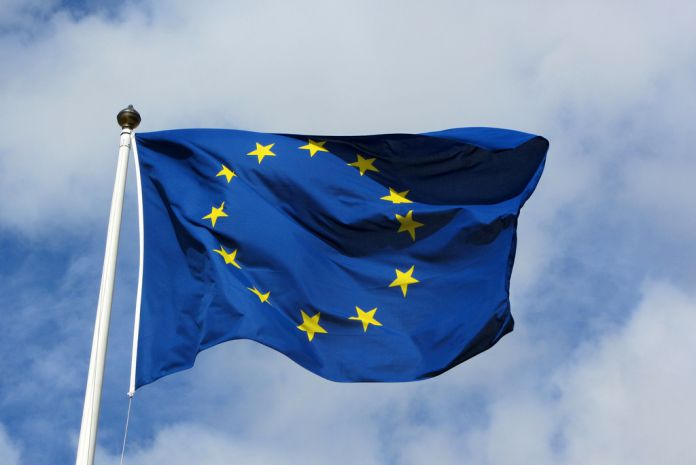The European Commission has concluded its market investigations, initiated on September 5, 2023, determining that specific services offered by Apple and Microsoft should not fall under the scope of the stringent gatekeeper criteria established by the Digital Markets Act (DMA). Despite Apple and Microsoft's recognition as gatekeepers owing to their substantial influence, certain services including Apple's iMessage and Microsoft Bing, Edge, and Microsoft Advertising are now exempted from this classification.
Criteria and Exemptions
Apple and Microsoft, giants in the tech industry, are acknowledged as gatekeepers due to their substantial effects on the EU's internal market, their role in providing critical gateways for businesses to access end users, and their long-term dominant position in the market. However, the commission's decisions reflect a nuanced approach; while Apple and Microsoft continue to be recognized as gatekeepers, services such as iMessage, Bing, Edge, and Microsoft Advertising will not be subject to the stringent rules that the DMA places on entities classified under this designation. These exemptions come after the companies successfully argued for a detailed review of these services, leading to the Commission's agreement based on their rebuttals.
Implications and DMA Regulations
This decision precedes the DMA's enforcement from March 2024, implicating major tech entities such as Alphabet, Amazon, ByteDance, and Meta, which are also labeled as gatekeepers. A cornerstone of the DMA is the prohibition against preferential treatment of a company's own services over competitors', ensuring a fairer digital environment. The exemption of services like iMessage, Bing, and Edge from the DMA's gatekeeper conditions allows for operational freedom under less stringent requirements, while still promoting competitive equality and innovation across the digital market.
Penalties for non-compliance with the DMA include fines up to 10% of a company's global annual revenue, increasing to 20% for repeated offenses, in addition to potential daily penalties amounting to 5% of average daily turnover. These severe consequences underscore the EU's commitment to enforcing these regulations stringently.
The European Commission's decisions have undoubtedly been favorable for Apple and Microsoft, alleviating some of the operational restrictions they might have faced under the new act. As the DMA's implementation unfolds, it will be interesting to see the long-term implications for market competition and service innovation within the EU's digital marketplace.






